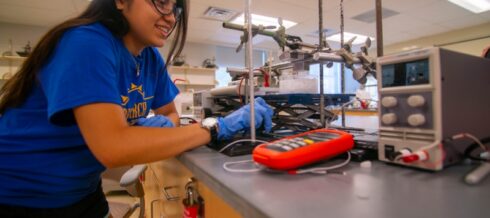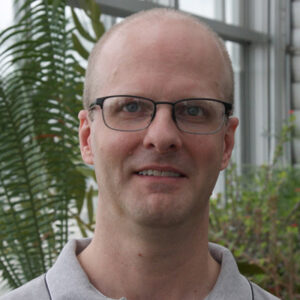
During the past spring semester, it was a challenge to continue my lab classes remotely, as my students could not be physically present in our facilities. And in planning for the fall term, additional complexities emerged with respect to maintaining social distancing in the lab, as well as developing ways to engage remote students. With these issues in mind, I plan to give students in my Genetics course the chance to understand what scientific researchers do before they even set foot in the lab. In my typical lab course, my students conduct experiments that I have designed, then analyze and interpret their findings. This semester, instead of running experiments, they will explore what researchers do to design meaningful experiments in order to discover new findings.
To start, students will focus on an inheritable genetic disorder, Huntington’s Disease. While much has been learned about this disorder over the past century, many questions remain, and a cure remains elusive. They will research the past and current body of knowledge about the disorder through reading and discussing of primary scientific literature from this field. Students will learn about the developments in the study of Huntington’s, gaining insights into the underlying methodologies employed in its study, and evaluating the strengths and limitations of each investigation. Using this foundation, students will then identify major unaddressed questions about the disorder, using these insights to write a final capstone research proposal for an experiment that would work towards answering these unresolved questions. By focusing on the design aspect of research, it will enable students to propose experimental ideas that might otherwise be impractical to do in the context of an undergraduate lab course.
Often times, students go through the procedures of well-planned experiments in our well-equipped labs with limited understanding of why the lab was useful or impactful. This fall, my students will gain an appreciation of the work that is done outside of the lab setting, to create an experiment to help solve significant unanswered questions in the field. This approach will enable all students to be equally engaged in the activities, while also avoiding the complications of managing a lab space during these challenging times.

Jeff Thompson
Professor of Biology and Tight Family Chair in the Natural Sciences
Biology/Computational Science
